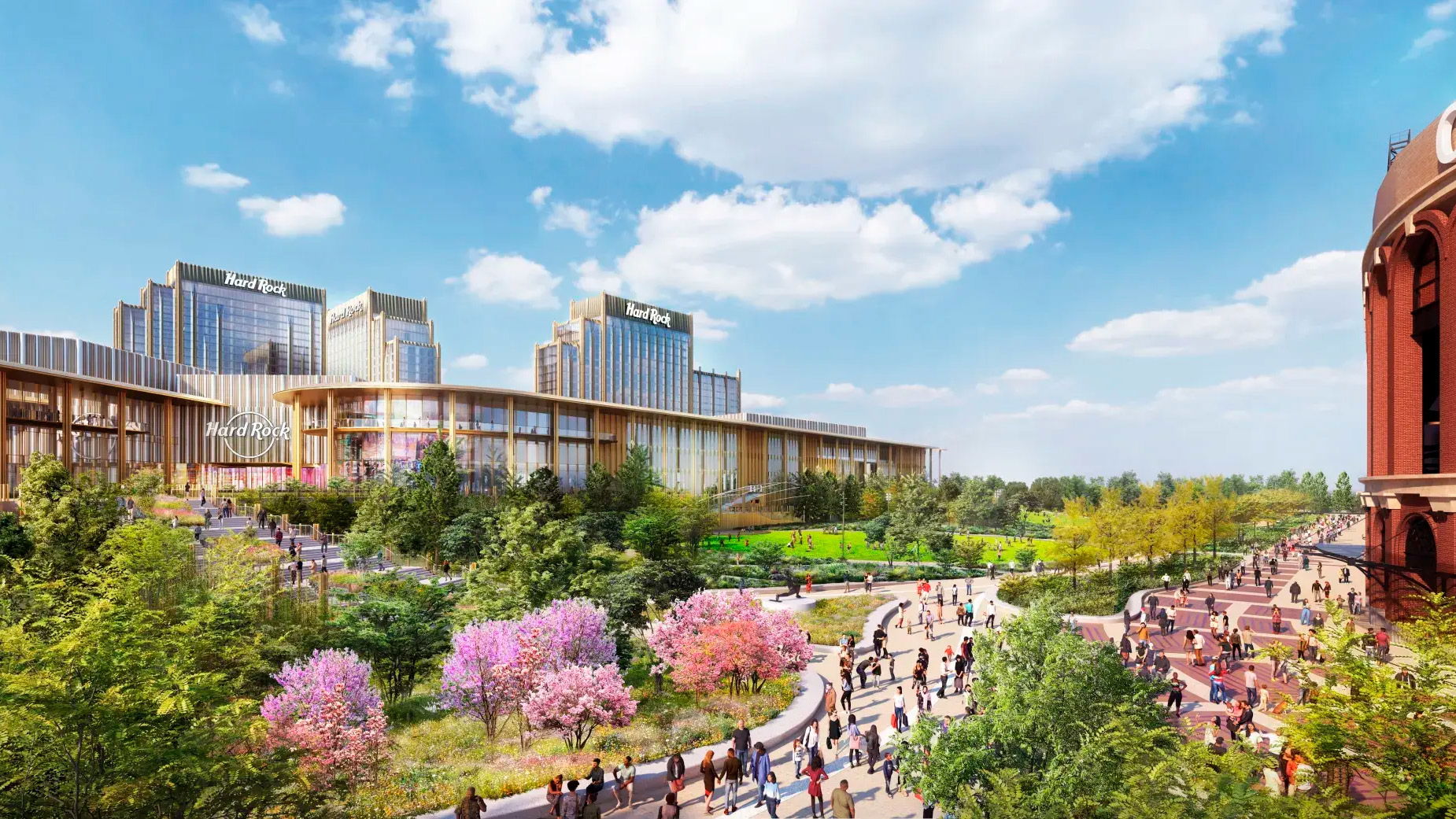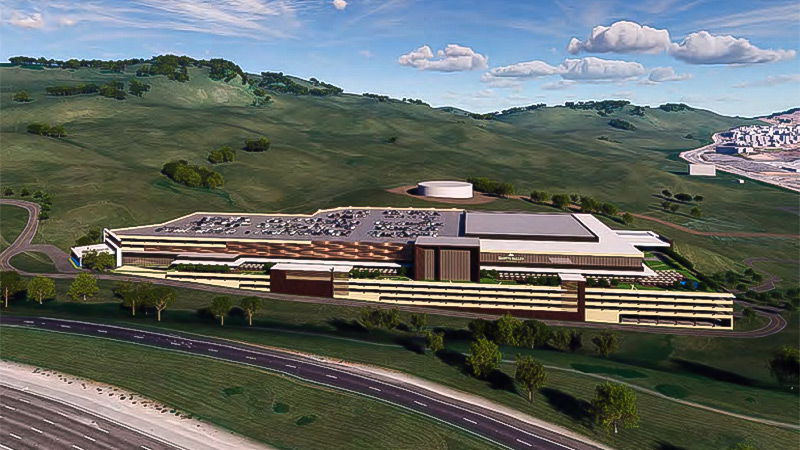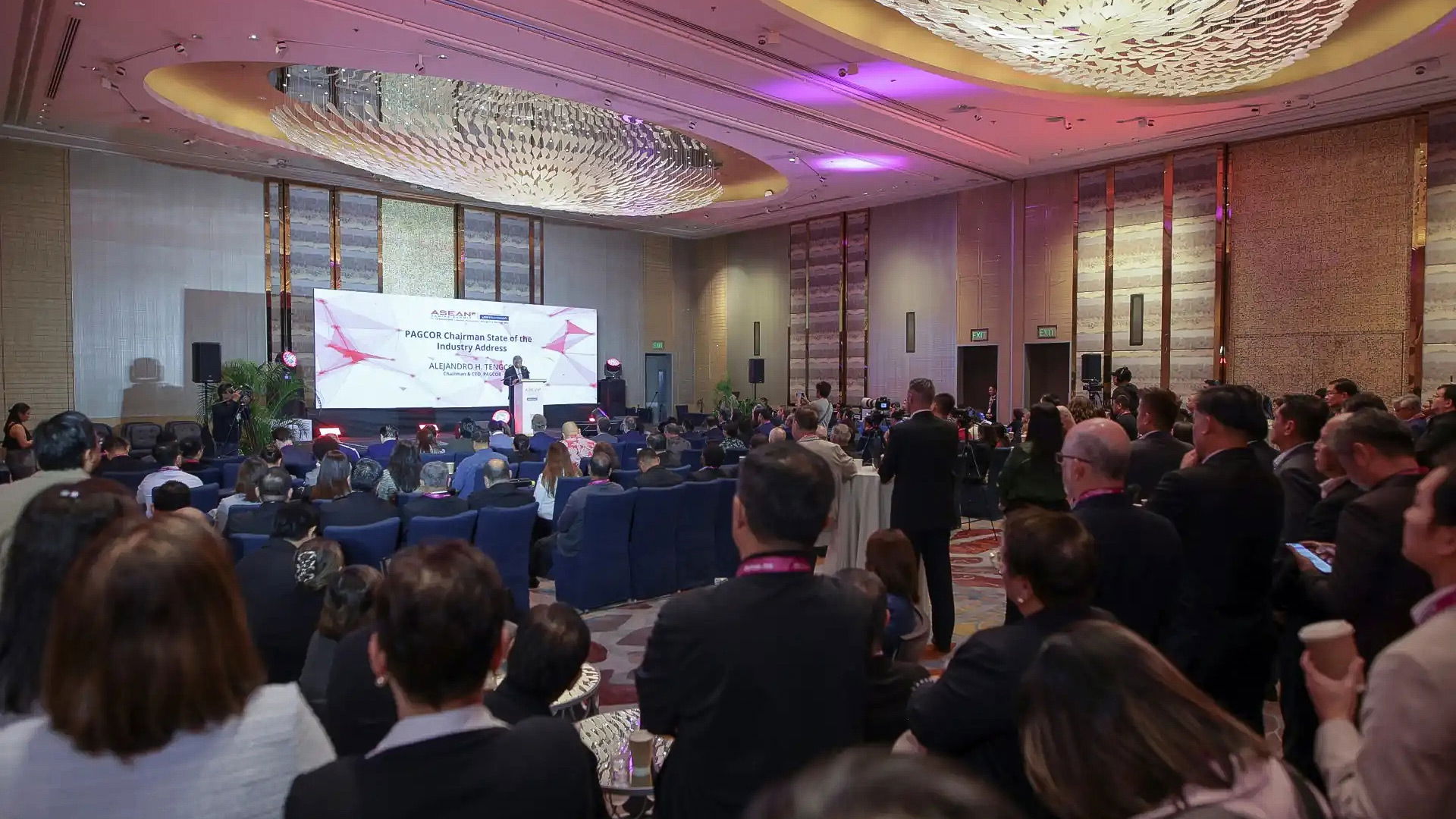New York: license fee for three downstate casinos could go for $1B each
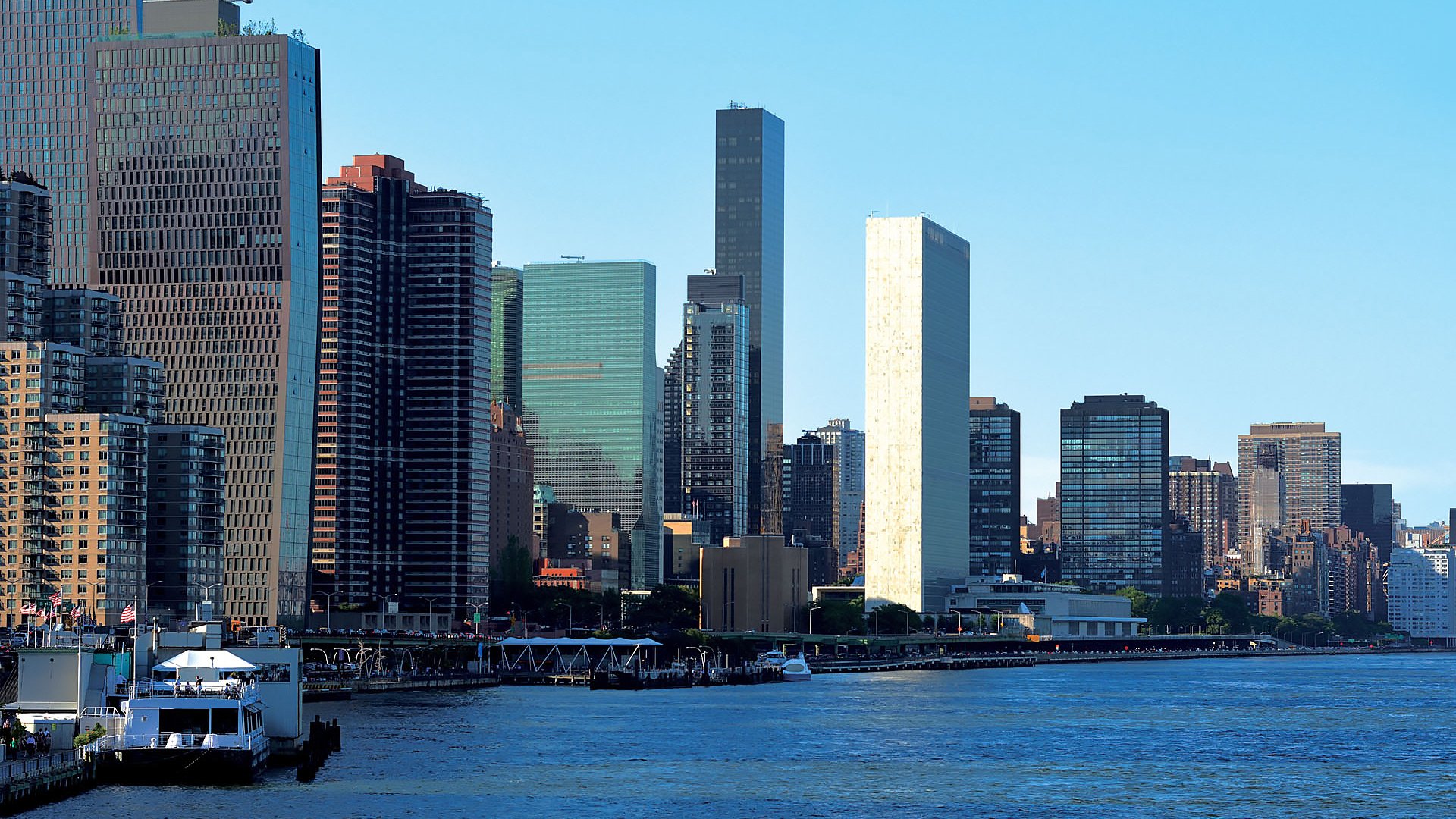
The licenses for the upcoming three downstate casinos in New York could cost $1 billion or more each, double than initially expected. The license fee was proposed by the state Senate in the one-house budget, released on Sunday.
The budget says that the New York State Gaming Commission’s siting board “shall determine a licensing fee to be paid by a licensee within thirty days after the award of the license which shall be deposited into the commercial gaming revenue fund; provided however that such licensing fee shall be no less than one billion dollars per license."
Meanwhile, the Assembly’s one-house plan doesn’t include a proposed figure for the three downstate licenses, reports Politico. The licensure terms are to be negotiated as part of the budget for the fiscal year, which starts April 1.
Additionally, the Senate proposal makes a nod to Resorts World New York in Queens and Empire City in Yonkers -which are seeking to expand into full casinos- by including language that encourages state regulators “to consider private capital investment” made previous to the effective date of the license.
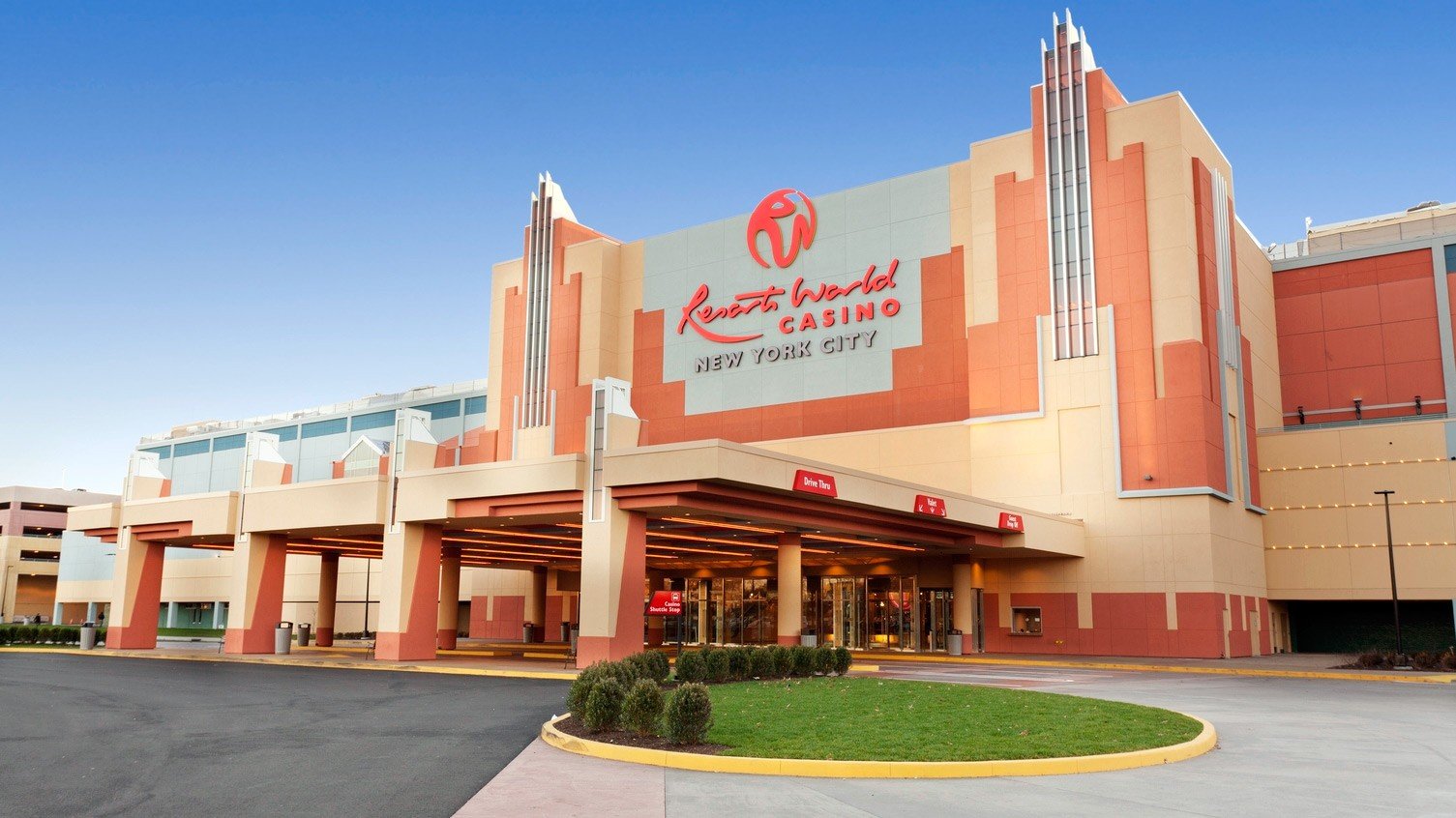
“We’re staring at roughly $2.5-$3 billion in revenue and educational funds and good jobs,” said Sen. Joe Addabbo on the downstate casino licenses, according to PlayNY. “You’re talking about thousands of construction jobs as well as post-construction jobs, and as an elected official that’s what your dream is — to find employment for your people, especially post-pandemic.”
According to Addabbo, the Senate “realistically” sees players in the industry willing to pay $1 billion for the license. “We know the value of having a gaming license in New York, especially downstate,” the senator said, claiming there is “an entity out there” that’s willing to pay $1 billion “upfront.”
In determining whether an applicant is eligible for a license, evaluation will take into account a series of factors into account. These include realizing maximum capital investment exclusive of land acquisition and infrastructure improvements; maximizing revenues received by the state and localities; and providing the highest number of quality jobs.
NY Senator Joe Addabbo
Under the budget proposal, the state Gaming Commission would have to issue a request for applications no later than July 1, 2022, with a submission deadline of no later than 60 days after the date of that request.
The licenses would have to be awarded no later than December 1, 2022, with fees to be paid no later than that date. The initial duration of the permits would be 10 years each, with renewal at the discretion of the state regulator.
A prohibition was placed on additional three downstate casinos until 2023, giving the state’s four upstate commercial casinos a seven-year head start. A decision to speed up the bidding process for this year was announced in January in the state budget.
Both the MGM Empire City slots parlor at Yonkers raceway and Genting’s Resorts World at Aqueduct race track in Queens are set to apply for a full casino license to expand their current offerings with live card table games. The venues have received public support for this effort from senators and the communities in which they are operating.

“Both Resorts NYC in Queens and MGM Empire in Yonkers have proven themselves to be very successful gaming sites, even without being full casinos,” Addabbo told Yogonet in an interview last month. “They’ve acclimated themselves very well and been great community partners, hiring a lot of local residents.”
While the senator said the licenses couldn’t just be given to them, he stated the venues were properly positioned to apply for them, with one factor to be looked at being “already existing, credible successful” entities. “And in terms of speed to market, in a month’s time, both of them could be up and running, also a major factor to look at,” Addabbo told Yogonet at the time.
But the issuance of the three coveted casino licenses isn’t the only gambling-related proposal in the budget. The Senate plan also calls for expanding mobile sports wagering vendors to 16, almost double the number of current operators (9), a proposal that has been in discussion for some time now. It also calls to include more minority-controlled businesses, an amendment that has also been introduced in the one-house assembly budget.



